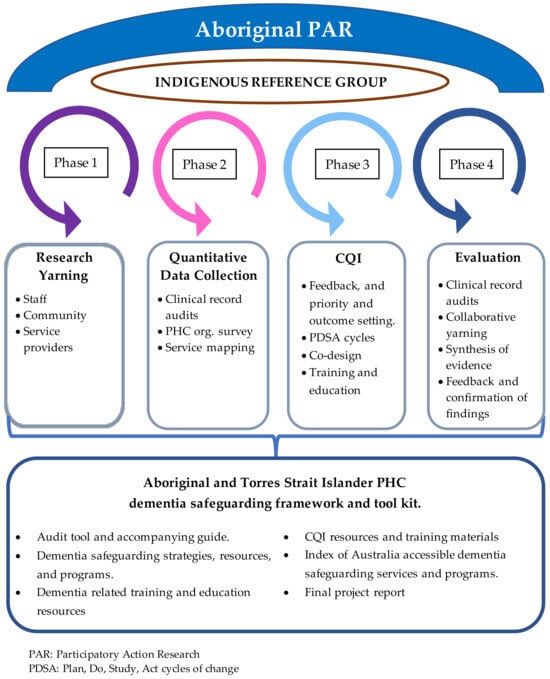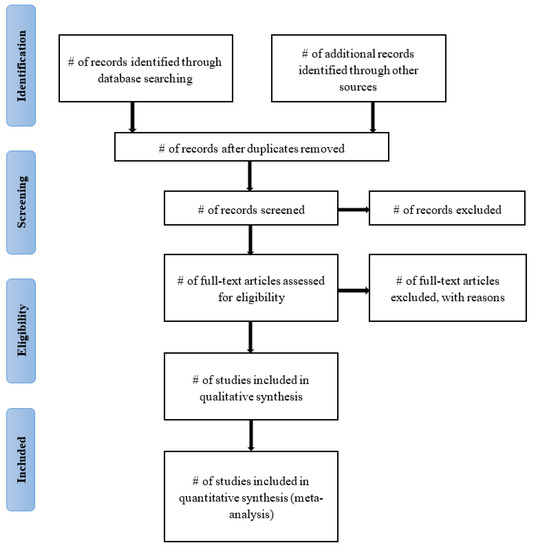Indigenous Health
A topical collection in Methods and Protocols (ISSN 2409-9279). This collection belongs to the section "Public Health Research".
Viewed by 5047
Editors
Interests: human genetics; human genomics; pharmacogenetics; pharmacogenomics; functional analyses of genetic variants; prostate cancer; glioblastoma; melanoma; atherosclerosis
Topical Collection Information
Dear Colleagues,
Good health is more than the absence of disease or illness; it is a holistic concept that includes physical, social, emotional, cultural and spiritual wellbeing, for both the individual and the community. Improving Indigenous health and wellbeing is an important objective for all who aspire to reducing health inequities. Indigenous people around the world share many common difficult and distressing experiences that have adversely affected their lives, including the experience of colonisation, discrimination and socioeconomic disadvantage. These things impact adversely upon both people's physical and mental health.
Prof. Dr. Juergen Reichardt
Prof. Dr. Aunty Kerrie Doyle
Collection Editors
Manuscript Submission Information
Manuscripts should be submitted online at www.mdpi.com by registering and logging in to this website. Once you are registered, click here to go to the submission form. Manuscripts can be submitted until the deadline. All submissions that pass pre-check are peer-reviewed. Accepted papers will be published continuously in the journal (as soon as accepted) and will be listed together on the collection website. Research articles, review articles as well as short communications are invited. For planned papers, a title and short abstract (about 100 words) can be sent to the Editorial Office for announcement on this website.
Submitted manuscripts should not have been published previously, nor be under consideration for publication elsewhere (except conference proceedings papers). All manuscripts are thoroughly refereed through a single-blind peer-review process. A guide for authors and other relevant information for submission of manuscripts is available on the Instructions for Authors page. Methods and Protocols is an international peer-reviewed open access semimonthly journal published by MDPI.
Please visit the Instructions for Authors page before submitting a manuscript. The Article Processing Charge (APC) for publication in this open access journal is 1800 CHF (Swiss Francs). Submitted papers should be well formatted and use good English. Authors may use MDPI's English editing service prior to publication or during author revisions.
Keywords
- indigenous health
- cultural sensitivity
- multiculturalism









